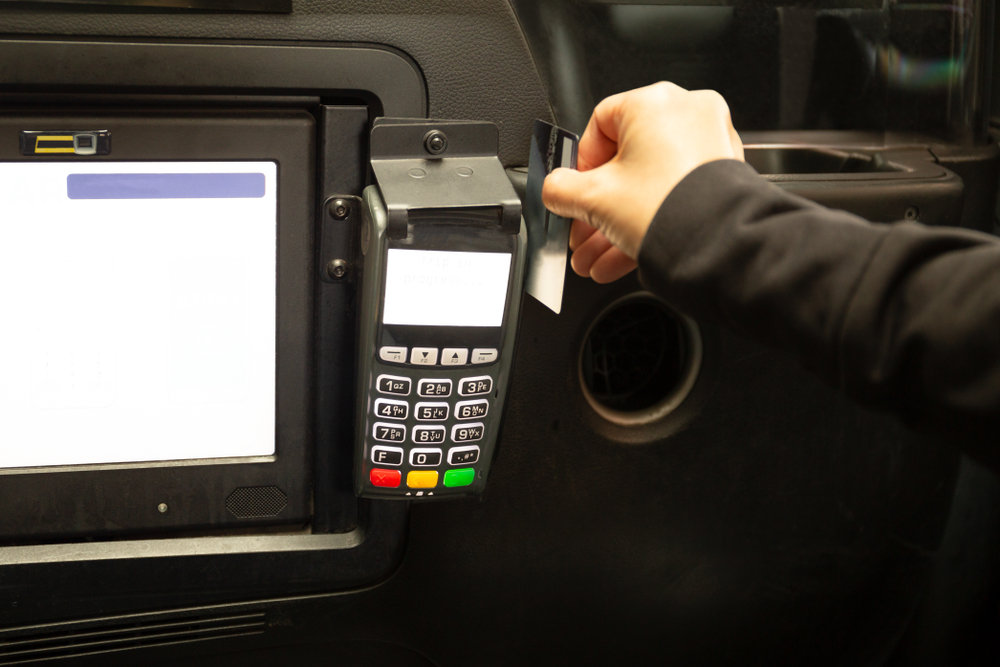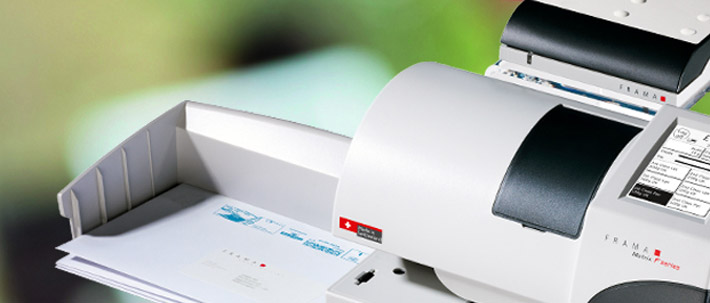Merchant Accounts For Small Businesses
You may have already seen our article about how to shop for both expensive and cheap card readers, but once you’ve got one, you’ll also need to open a merchant account. Merchant accounts and card readers go hand-in-hand, so it’s worth looking for them at the same time.
But what exactly is a merchant account? Put simply, it’s a type of bank account that manages the credit or debit card payments you receive from transactions that are either face to face, over the phone or on the internet. The reason why a merchant account is needed, as opposed to simply using your existing business account, is that card payments have a very real risk of credit card fraud. It is necessary for the credit card holder’s details to be authorised and to make sure that they have enough money available to complete the transaction. While these checks are carried out, the merchant account provider holds the funds, and releases them when the transaction has been verified. Conversely, the cardholder is protected from unscrupulous vendors or suppliers, as their money is kept safe in a holding account until after the goods or services have been delivered.

Setting up a merchant account
Small businesses and start up businesses can open merchant accounts, but they will have to be approved by the merchant account provider. The truth is that most small and start up companies are considered high risk when they first apply for a merchant account, and this means that the application process can take longer, and the fees are higher, than those of larger, more established companies. Many of the leading banks offer merchant account services, and these are sometimes referred to as acquiring banks, although it might also be worth considering an independent service provider, as these can offer more competitive rates to small companies.
When setting up a merchant account, you will need prove that your company can be trusted to accept credit and debit payments, and to provide detailed information about your company’s turnover (current and forecast), the products or services your company sells, the value and frequency of the average transactions you will be accepting, how long it takes your company to complete an order (e.g. the time it takes from when a customer gives their card details to actually receiving the product), and references from current suppliers. To allow the merchant account provider to check this information and to put together a package that will suit your business’s needs, it usually takes at least four weeks to set up a merchant account.
Merchant account costs
Whether a leading bank or an independent service provider, there will certainly be costs involved.
Precise costs and plans vary according to the merchant account provider, but generally there will be charges to set up the account, monthly fees and individual transaction fees.
Set up costs tend to be in the region of £200, monthly fees might cost between £20 to £40, and individual transaction fees can cost between 10 and 30 pence. Obviously there are big differences in these prices, so it is always worth comparing more than one provider by getting multiple quotes. That way, you will be able to choose a provider that offers the best deal for your business in the long term. For example, some providers may not charge for setting up the account at all, but be careful: it is the monthly fees, and the individual transaction fees that really make the difference in the long term.

Terms for small business with merchant accounts
The terms that you will be offered by the merchant account provider will depend on the nature of your business, and the extent to which your company is considered a risk when it comes to accepting credit or debit card payments. Internet transactions are considered higher risk than in-store transactions. This is because of the comparative ease of credit card fraud over the internet, and if most of your company’s transactions are handled online, you may receive slightly less favourable terms from merchant account providers. Other reasons for less favourable terms are an extremely high turnover or a long completion time.
One example of the kind of terms a small or start business can expect is with regards to the deferred settlement period, i.e. the length of time that the acquiring bank holds the funds from a payment. Whereas large companies with long histories of accepting card payments have deferred settlement periods of just a few days, small businesses and start up companies often have to wait 30 days or more to receive their money. Another less favourable term for ‘high-risk’ businesses is higher fees for individual transactions.
The good news is that when your company has established itself as a reputable and reliable accepter of credit and debit card payments, you will most likely be able to renegotiate the terms of your agreement with the merchant account provider and enjoy the benefits of lower fees and shorter settlement periods.
Categories: Advice, Merchant Accounts




